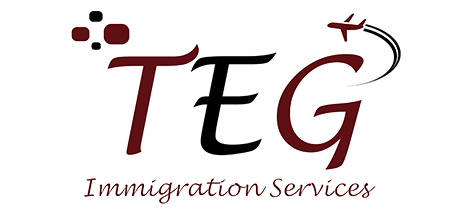Aside from the obvious advantages of working part-time, receiving a world-class education, and receiving free healthcare, Canada allows international graduates from Canadian institutions to stay and work in Canada. Having at least one year of work experience in Canada. Having at least one year of work experience in Canada. Also, Canadian Certificates, Degrees, and Diplomas are well-recognized around the world.
A degree with the same name may vary from university to university. For example, some universities offer computer science as a Bachelor of Computer Science (BCS), Bachelor of Science (BSc), or a Bachelor of Science (BMath).
Employers, on the other hand, are usually more interested in your skills and experience than the name of your degree. Checking the required courses for the programs is one way to determine which degree is better for you. They’ll tell you everything you’ll learn during your university education!
In Canada, there is a wide range of institutes to choose from, ranging from major research institutions to small liberal arts schools and universities that offer a wide range of undergraduate, graduate, and professional degree programs in a very flexible model.
Even if you choose to study at a vocational school, university, or one of many prestigious universities across Canada, two things are certain. In the procedure, you will get first-class training and a great experience. There are some other factors also to consider while choosing a program, such as location, cost, and reputation.
Hands-on learning is available at most universities and can include student teams, labs, study abroad, field trips, co-op and internships, studio courses, and more. This type of education will help you to apply what you learn in class and have a better understanding!
Education cost in Canada is a major barrier for most students looking to focus abroad. As an average annual tuition fee for international students is relatively low in comparison with other countries. Aside from tuition, living expenses in Canada are very low when compared to other top destinations for international students. Most education in Canada is publicly provided, funded, and regulated by the federal, state, and local governments. Education is the responsibility of the state and the curriculum is overseen by the state.
If you want to study in Canada for more than 6 months, you need a study permit. A study permit is usually valid for 90 days in addition to the study period. If your study program is less than 6 months old, you do not need a study permit, but you can apply for a permit as you will have the opportunity to obtain and work both on-campus and off-campus. If you do not have a study abroad permit, you will need to apply for a work permit in order to work as an international student.
You should apply for a study permit extension at least 30 days before your existing permit expires. If your permit has already expired, you have 90 days to apply to have your status restored and your permit extended. To regain your status, you must pay a fee of $200.
In Canada, international students can choose from a variety of housing options. As an undergraduate, you will have access to both on-campus and off-campus housing options, such as shared dormitories on campus and shared student housing or private student apartment rentals off-campus. On-campus housing is advantageous for first-year students because it facilitates meeting new people, is much more affordable, and provides housing support 24 hours a day, seven days a week. Graduate and postgraduate students are typically housed in private dorms.
Off-campus housing options include furnished and unfurnished house shares, as well as homestays, which are ideal for gaining an authentic Canadian family experience. When it comes to budgeting.
The transportation system of Canada is both dependable and reasonably priced. Depending on which city you study in, a monthly travel pass will cost you around $90. You’ll have access to buses, trains, and if you’re lucky, you may be able to walk to and from your campus, or you may choose to cycle to and from class. Many universities also provide their own transportation options, and a transit pass may be included in your tuition.
Another option is to do a co-op or an internship. If you want to gain work experience and try out different careers, co-op or an internship may be for you.
You might want to finish your degree sooner. This could be due to your desire to attend graduate or professional school. You might also want to take a break between semesters. You might not want a co-op in this case.

